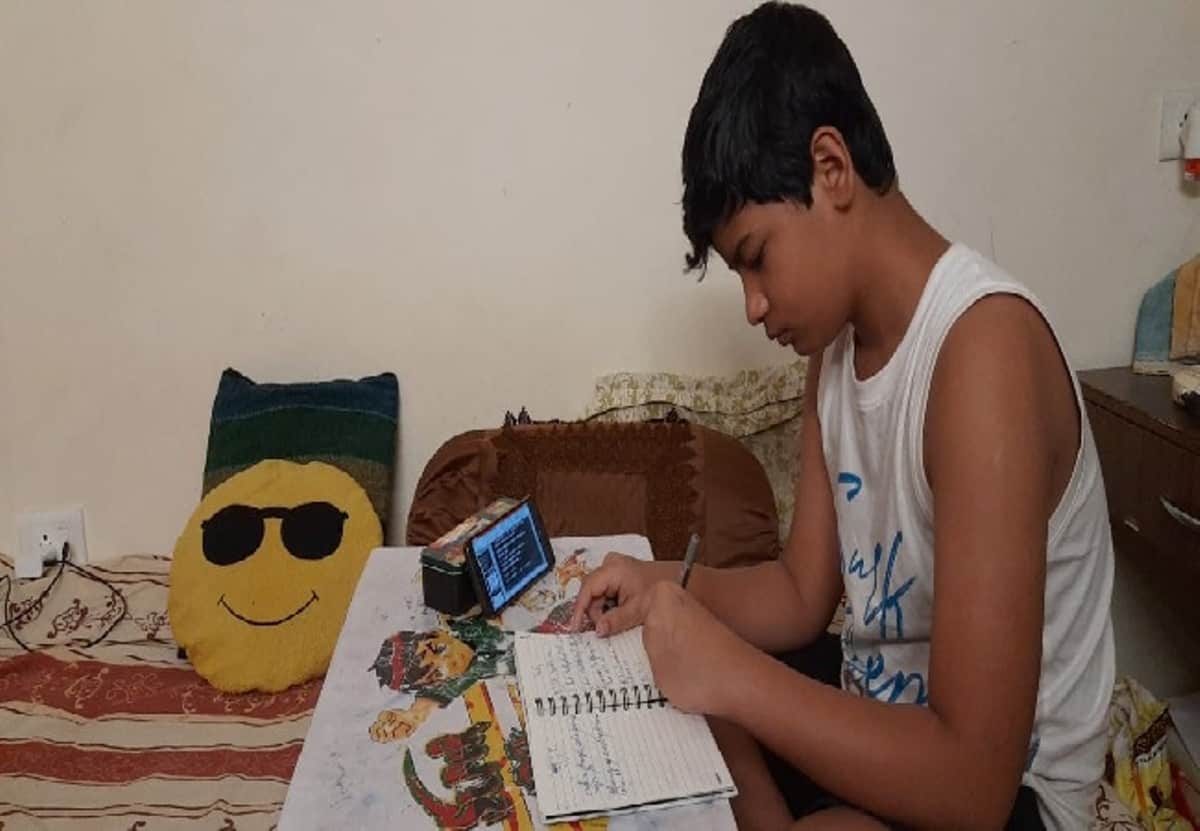Hyderabad: Ever since the COVID–19 pandemic one of the most affected sectors have been education, which has almost entirely moved to the online platform. While, there has been penetration of smart phones even in rural areas, lakhs of children, especially those studying in government schools, still donot have to technology.
In India, as many as 600 million students out of 1.2 billion people have been barred from education this year as they have no access to technology. Telangana, like many other states also began online classes from September 1 without any actually creating infrastructure to those who have no access to technology.
The government commenced online sessions, for students of classes 3 to 10, on its state-run T-SAT channels (It is a satellite network that aims to reach people through the audio visual medium, and can be accessed through cable TV networks and online platforms such as YouTube) channels and Doordarshan.
There over 26,000 government schools out of which only 30% are able to attend online classes whereas the rest have no resources.
Three major problems hindering online classes:
Digital divide: It is estimated that every two households out eight have no television, and that out of every ten households, only five have smart phones. This means that the rural Telangana is severely crippled when it comes to accessing these classes. At times when people don’t even have food to eat, buying a cell phone is out of question.
Power and network issues: Bad power supply and network issues are consistent in India from years. One such Instance was reported on Saturday when Zareen, a class 7 girl residing in a Telangana village had to walk two Kilometers per day in search of network so that she could attend classes. In another instance, in Lingala mandal, power cuts for about six hours a day results in students missing their classes.
One room houses (small houses): The students especially those having very small houses face immense difficulty to concentrate. Almost 4 houses out 5 are kuccha houses (Huts), which are nothing but single rooms, with a kitchen inside the same.
Other accessories like headphones, printers, etc are other things which are unaffordable for several families as well.
However, even private schools students are also facing problems, especially those who have three to four siblings as it will be impossible to share one device at the same time. Even if families can afford to pay fees for all of them, purchasing new devices for each child will be an added expenditure.
Jabeen Ahmed, mother of three children, “I have two phones at home and three children, due to which I have to make one child skip classes at a time.”

